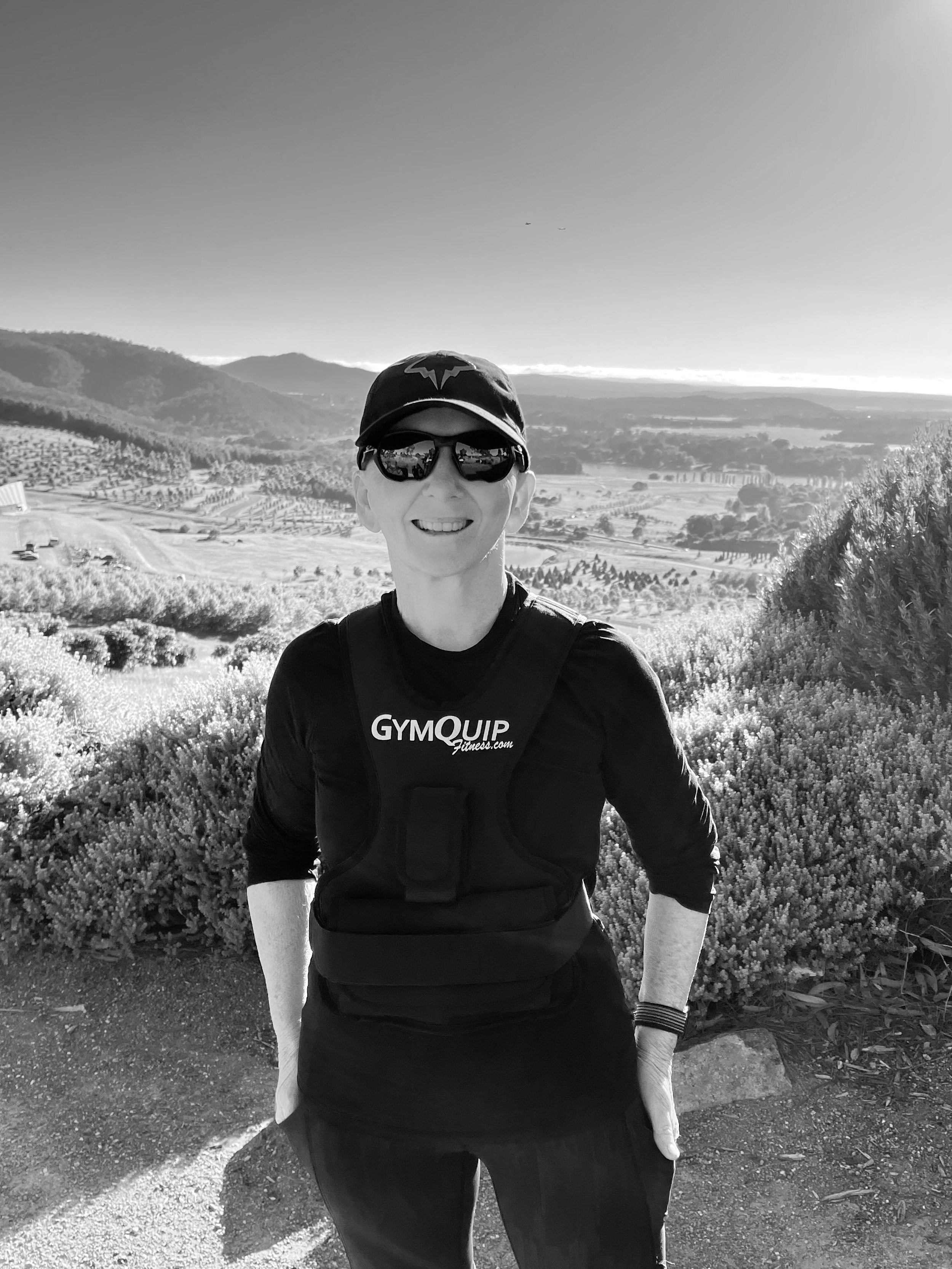
At the Forefront of Digital Transformation for Decades
‘Marie’s e-government knowledge … is unique in the world and is of particular interest to Microsoft as we pursue our e-government strategies.’
— Microsoft Reference US Gov O-1 Visa (Individuals with Extraordinary Ability) 2005 awarded for the role WorldWide Executive Director Public Services and eGovernment

‘Everybody’ knows me!
Because I’m not quiet.
I am a global AI and award-winning digital authority, and an outspoken advocate for the humanitarian application of AI. I am currently a campaigner for a Class Action into the National Disability Scheme for the unlawful application of algorithms that has caused harm to Australian citizens, including resulting in death. I have documented the evidence that has helped support findings of unlawfulness.
When you look back over the decades, you see the future. I have written about what has happened; what is happening and what will inevitably happen without fundamental change. As you’ll see throughout this website, I have formally documented decades long and current public sector failings across technology and service delivery, and the underlying common systemic patterns.
And that is what scares people about me.
A Rather Wild Ride.
Who wants boring?
I was never going to be satisfied with a single stream ‘career’!
The international and political dimensions of my technology innovation career have been and continue to be, a rather sensational ride. And over the years, such encounters have extended my view of and understanding of cross-cutting issues and over-the-horizon trends.
Including in a range of advisory roles such as: Independent Member of the Australian Federal Police Spectrum Program Board; member of the New South Wales Government Digital Government Advisory Board; invited member of the Accenture Global CIO Council; elected National Director of the Australian Information Industry Association; and an Inaugural Member of The Australian National University Cyber Institute Advisory Board.
I’ve loved being a judge on Australian and international technology and innovation awards. Several of these roles involved mentoring and reviewing the work of high school students; their passion and abilities showed me that the future is in good hands if decision makers have the sense to listen to them instead of themselves.
In addition to the gritty edge implementation experience, I am an author, writer, commentator and international speaker on artificial intelligence, digital transformation, digital health, cyber, technology, ethics and the human experience.
Like I said, I’m not quiet. And I’m never still.
Space: The ‘First’ Frontier.
My journey started 16 July 1969.
As a kid, I watched Neil Armstrong walk on the Moon on a black and white TV.
I was inspired by the Apollo challenge and wrote to Armstrong, receiving a reply, autographed photographs and Apollo 11 mission patches. These precious items are framed under protective glass in my office.
People are interested in understanding my approach to innovation, design, risk and decision making. Part of the answer, is my life-long study of the space program that has shaped my appetite for innovation and my discipline for delivery. There’s lots to learn in getting sh*t done.
Space is really the ultimate frontier of human centred design and interoperability and I speak of the lessons to be learned in designing servicing on earth.
In my MBA program, I undertook a major study of the Challenger disaster and I’ve used this to write about the impact of politics on design, culture, risk and decision making in complex national systems.
There is an urgent imperative in the public sector across all levels of leadership and roles, to understand complex systems and how these are affected by culture. Above all other capability deficits, the lack of understanding of complex systems is the greatest capability deficit and the greatest risk in public administration.
I have visited the Kennedy Space Center twice, including in 2011 onsite for the launch of the last Space Shuttle Atlantis-STS135. The vibration and roar at launch is utterly magnificent.
NASA gets sh*t done. So does SpaceX.
I Get Sh*t Done.
And that scares people.
I have led and delivered ground breaking technology, innovation and digital services transformation programs across revenue, business, health and human services, payments, identity, immigration visa operations and disability services.
The spectrum of my roles over the years covers large scale service delivery operations; global business and technology strategy; Chief Information Officer; Chief Technology Architect; Technology Authority; board director; and advisor.
At the forefront of digital transformation for decades, I talk from deep experience about the grit and hard reality of implementation covering the three levels of government in Australia, internationally and across sectors. Across the decades, from the late 1990’s leading the e-business project at the State Revenue Office of Victoria which was recognised as one of the world’s first successful e-business projects.
My super power is understanding the human interface in and geopolitics of complex servicing systems. This is where most people fail. I am not afraid to fail.
Yep, real implementation scares people. I love the thrill.
I Create Digital Humans.
And there are more to come.
I am the co-creator of Nadia, the world’s first AI digital human for service delivery co-created by people with disability. I am so much associated with Nadia, that people send me messages calling me Nadia! And I will never be quiet about what happened.
This world leading work on Nadia, sparked an appetite for AI powered digital humans in service delivery that has launched a new multi-billion dollar global industry. Pretty chuffed about that.
And there’s more. Together with Allan Johnson, we invented the world’s first AI powered Digital Human Cardiac Coach - check out our book.
So what’s next in our world of AI powered digital humans? All I will say is, there’s more coming.
The Hidden Athlete.
No more suits!
For most of my career, I have worn suits. Awful things. Many people would only know me this way.
And that’s why the photo on the front of the website, shows the other side of me.
Over the years, I have run marathons including the London and Melbourne Marathons raising funds for cancer and heart disease research. I’m a passionate hiker, I do serious weight training, and am pretty chuffed to deadlift 113kg. I’m now training for The Murph - look it up, it’s scary. And as you’ll see below, I’ve just started the journey to become a Master Personal Trainer.
Never Stop Learning.
And yep, getting sh*t done.
I’ve got a bunch of qualifications. I’ve just never stopped learning. But I’ve had a dream that I have harboured for more than a decade. In 2025, I plan to add to the bag of professional qualifications, commencing my Master Personal Trainer qualifications.
Inspired and motivated by Allan who is also a Personal Trainer and whose story is told in the Digital Human Cardiac Coach book.
My qualifications: Graduate of the Australian Institute of Company Directors (GAICD); MBA (Innovation, Technology, eCommerce) Melbourne Business School Australia; Senior Executive Fellows Program John F. Kennedy School of Government Harvard; Bachelor of Arts (International Relations, Geopolitical Complex Systems, Military Strategic Studies) Deakin University Australia; and tertiary studies in law.
Of course, not all learning results in ‘certificates’.
Read more here about Digital Innovations over the Decades, and on LinkedIn.
Recognition
2005: US Government awarded Marie an O-1 Visa (Individuals with Extraordinary Ability) to take up the role Microsoft Worldwide Executive Director of Public Services and eGovernment.
2005: United Nations Public Service Award for the Business Entry Point (www.business.gov.au) which she led for 5 years.
2006-2007: ‘Innovative CIO of the Year – Australia’
2009: Australian Prime Minister’s Gold Award for Excellence in Public Sector Management. These Awards are designed to highlight innovation and honour the achievements of public sector individuals and groups.
2013: One of Australia’s ‘100 Women of Influence’.
2018: One of the global XMed Digital Vanguard (Exponential Medicine Singularity University), a group recognised for leading the way in new developments or ideas.
2019: Faculty Exponential Medicine, Singularity University.
2019: Awarded the ‘Exceptional Woman of Excellence’ at the Women Economic Forum (WEF) in Perth. WEF is the largest gathering of women entrepreneurs & leaders worldwide.
2022: Recipient of the Australian Capital Territory Mental Health Carer Award.

